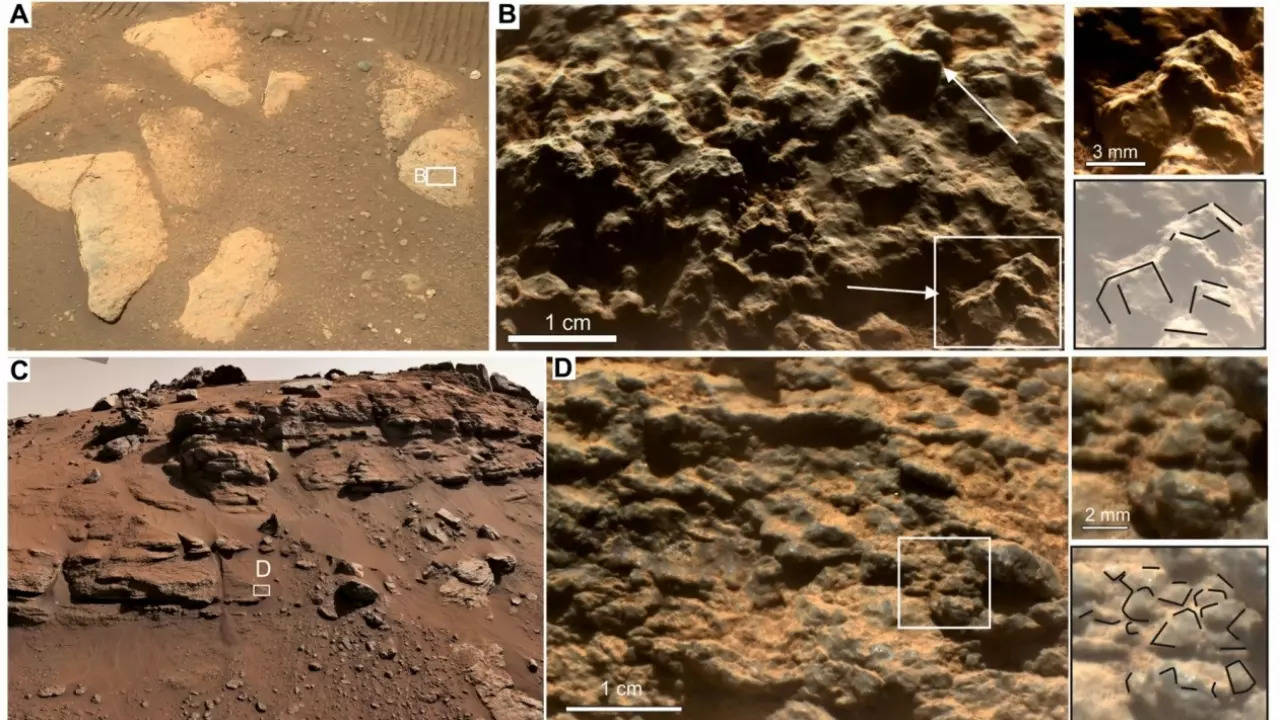
[ad_1]
Perseverance landed on Mars on Feb. 18, 2021. The 45-kilometre-wide Jezero Crater was chosen as its landing spot due to an ancient river delta that falls into the crater. Notably, the rocks and lava on Mars that the rover is examining are nearly 4 billion years old.
“The rocks Perseverance is roving over in Jezero have more or less just been sitting at the surface for billions of years, waiting for us to come look at them. That’s one of the reasons that Mars is an important laboratory for understanding the early solar system,” reported the IANS quoting Briony Horgan, associate professor in Purdue’s College of Science, as saying.
It is to examine where and when life first evolved on Earth as rocks that old exist on our planet have been weathered due to active tectonic plates and weathering effects of wind, water and life. Scientists can use conditions on early Mars to help extrapolate the environment and conditions on Earth when life was just beginning.
[ad_2]
Source link
